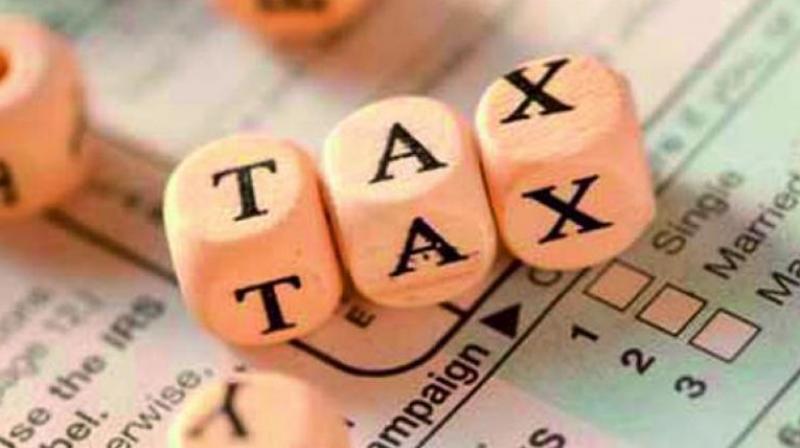Need to regulate entry tax to be a non-discriminatory tax: Experts
States already having entry taxes have a disparity in the rate amounts, for instance, that levied in Gujarat is different from that in Tamil Nadu.

Chennai: Entry tax has to be regulated to be a non-discriminatory measure of taxing, said experts in law and tax consultation.
“We can’t have discriminatory taxes in order to have economically unified equality,” said N. Venkataraman, senior advocate, Supreme Court said at a discussion organised by the Madras Chamber of Commerce on Saturday.
He briefly explained the history of entry tax in the country. “Till 1995, a federal structure existed in India. After 1995, because of globalisation, we brought in VAT legislation – which wanted to achieve uniform tax, which we couldn’t. After 2005, there was a need to impose an entry tax due to a drop in revenue.
“From 2005 to 2016, efforts were on to integrate the states and union as one – which is difficult as both state and centre had to give up their powers to a GST Council. In 2016, states were ready to pass the GST bill,” he continued.
He added that with the enforcement of entry tax, a majority is looking for free trade and growth while the minority is looking for economic equality and unified growth of all states.
States already having entry taxes have a disparity in the rate amounts, for instance, that levied in Gujarat is different from that in Tamil Nadu.
“If entry tax is a small rate such as 1 or 2 percent, it can be levied from the customer,” added K. K. Sekar, Head – indirect taxes, Ashok Leyland.
“Such taxes will help the state to bring in more revenue, which itself is a major step towards free trade reforms and growth,” he continued.
“Judgment on entry tax is a measure to bring in inclusiveness, economic unity and to promote the not-so-prosperous states to earn revenue and exist with the prosperous states,” said K.Vaitheeswaran, a tax consultant.
Venkataraman concluded by saying that federal structure is not good as it breeds a lot of local leaders and fails to look at progress from a national point of view.

